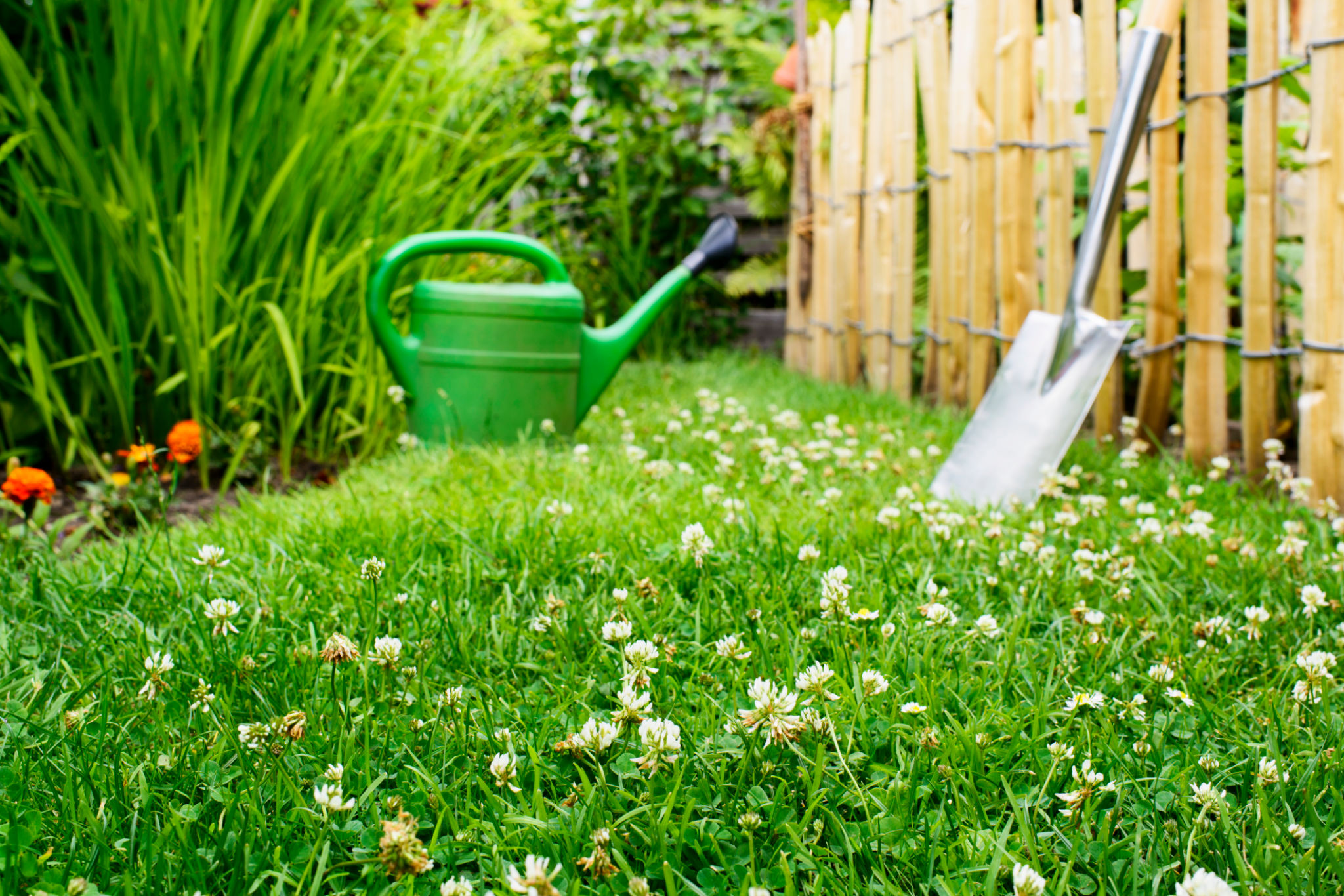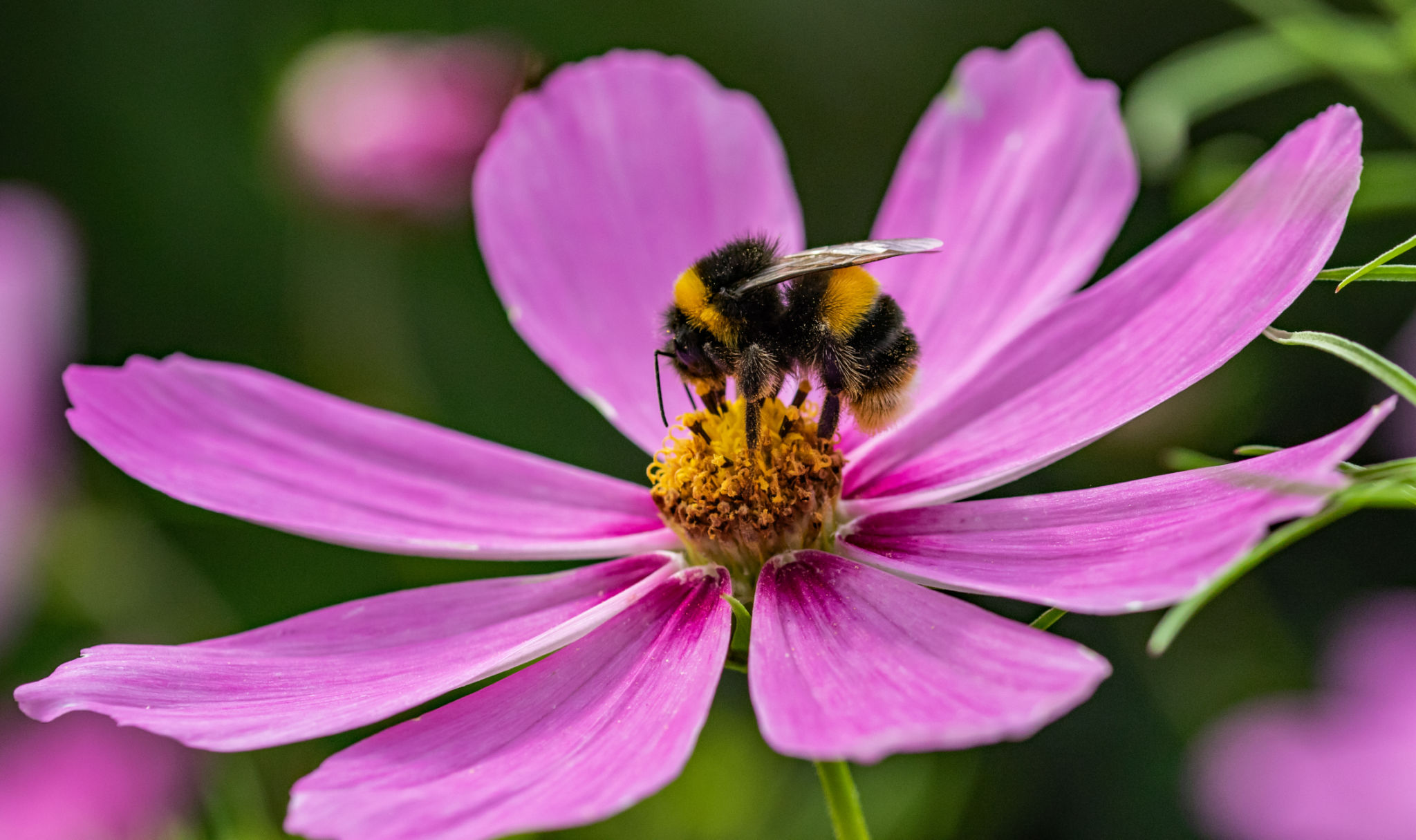Debunking Myths About Clover Lawns: What You Need to Know
Understanding Clover Lawns
Clover lawns have gained popularity as a sustainable alternative to traditional grass lawns, but many myths surround their use and benefits. In this post, we'll explore these misconceptions and provide you with the facts you need to make an informed decision about incorporating clover into your landscape.

Myth 1: Clover Lawns Require More Maintenance
One common myth is that clover lawns demand more maintenance than grass lawns. In reality, clover is a hardy plant that requires less frequent mowing and watering compared to grass. Its ability to thrive in various conditions makes it an excellent choice for homeowners looking to reduce their lawn care efforts.
Additionally, clover can naturally suppress weeds due to its dense growth pattern. This reduces the need for chemical herbicides, making it a more environmentally friendly option.
Myth 2: Clover Is Just a Weed
Another misconception is that clover is merely a weed that should be eradicated. However, clover offers numerous benefits, such as fixing nitrogen in the soil, which helps improve soil fertility without the need for synthetic fertilizers. This natural fertilization capability makes clover a valuable addition to any lawn.

Myth 3: Clover Lawns Are Not Durable
Some people believe that clover lawns are not as durable as grass lawns, particularly in high-traffic areas. While it's true that clover may wear more quickly under constant heavy foot traffic, it is generally quite resilient. Mixing clover with grass can create a lawn that benefits from both the durability of grass and the low-maintenance nature of clover.
Moreover, clover lawns are resistant to many common lawn pests and diseases, reducing the need for chemical treatments and helping to maintain a healthy lawn ecosystem.
The Environmental Benefits of Clover Lawns
Clover lawns offer significant environmental benefits. They require less water than traditional lawns, helping to conserve this precious resource. By fixing nitrogen in the soil, clover reduces the need for chemical fertilizers, which can leach into waterways and cause pollution.
Furthermore, clover flowers attract beneficial pollinators like bees and butterflies, promoting biodiversity in your garden. This makes clover lawns an excellent choice for environmentally conscious homeowners.

Integrating Clover Into Your Lawn
If you're considering transitioning to a clover lawn, it's essential to start by understanding your local climate and soil conditions. Consult with local gardening experts or extension services to ensure that clover is suitable for your location.
Starting a clover lawn can be as simple as overseeding your existing grass lawn with clover seeds. This method allows you to enjoy the benefits of both plants while gradually reducing your reliance on traditional grass.
Conclusion
Clover lawns offer numerous advantages over traditional grass lawns, including reduced maintenance needs, improved soil health, and environmental benefits. By debunking these myths, we hope to empower you to make informed decisions about incorporating clover into your landscape. With its versatility and ecological advantages, a clover lawn might just be the perfect choice for your home.